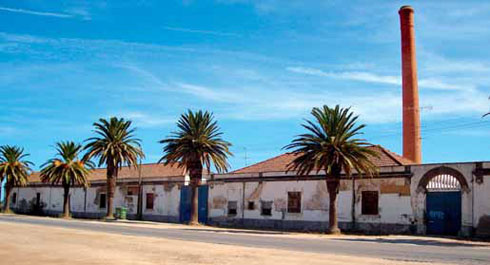
In 1915, the Padinha administration that was managing the local government, faced on of its worst nightmares. It witnessed strong protests from the local population due to a decision of the republican government – elected in June that year – to transfer the Infantry Regiment Headquarters from Tavira to Faro. This would also mean the departure of the Regimental Music Band to the capital of Algarve, something which the government had tried do in the past but had failed to accomplish because of the magnanimous wave of protests it had caused and which united tradesmen, manufacturers and politicians, having even led the local authorities to resign from office. No one wished to face such an event again. This time, however, the municipality receded in the chorus of protests, letting the public deal with the sentiment of disagreement caused by the deprivation of the music band. The centre of the city experienced tense days, which were of no use to the supporters of the musicians remaining in Tavira, as the transfer to Faro did, in fact, take place.
Little could the mayor at the time, António Padinha, do to lessen those uncomfortable events, except trying to convince the electorate that another type of musical formation would be created in replacement of the Infantry Regiment Band, which costs would be born by the city council’s funds, and fish canneries would be set up in Tavira. This was not a new idea, it had already been discussed in 1911 during a meeting of the Centro Republicano, however the situation advised that the idea be shared and used to the credit of their political image and in favour of Tavira’s economic and industrial potential.
At the time, Vila Real de Santo António was one of the main fish cannery centres of Algarve. The tuna captured off Tavira was sold at the local fish auction or processed in one of the fish canneries located along the marginal avenue. This scenario had a profound impact on the pride and business of the fishing companies as well as on the floating income and profits that the fisheries provided.
In May 1917, after the two fish processing plants Balsense and Tavirense had started to operate, there seemed to be no point in transporting the fish caught off Tavira to other locations, as the population had already been through the bad experience of the Regimental Band having been directed to Faro.
Article of: Marco Lopes
Department for Urban Patrimony and Rehabilitation Tavira Municipality